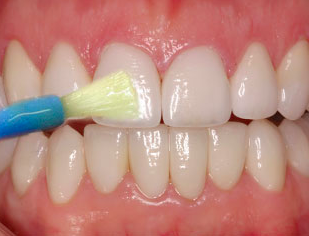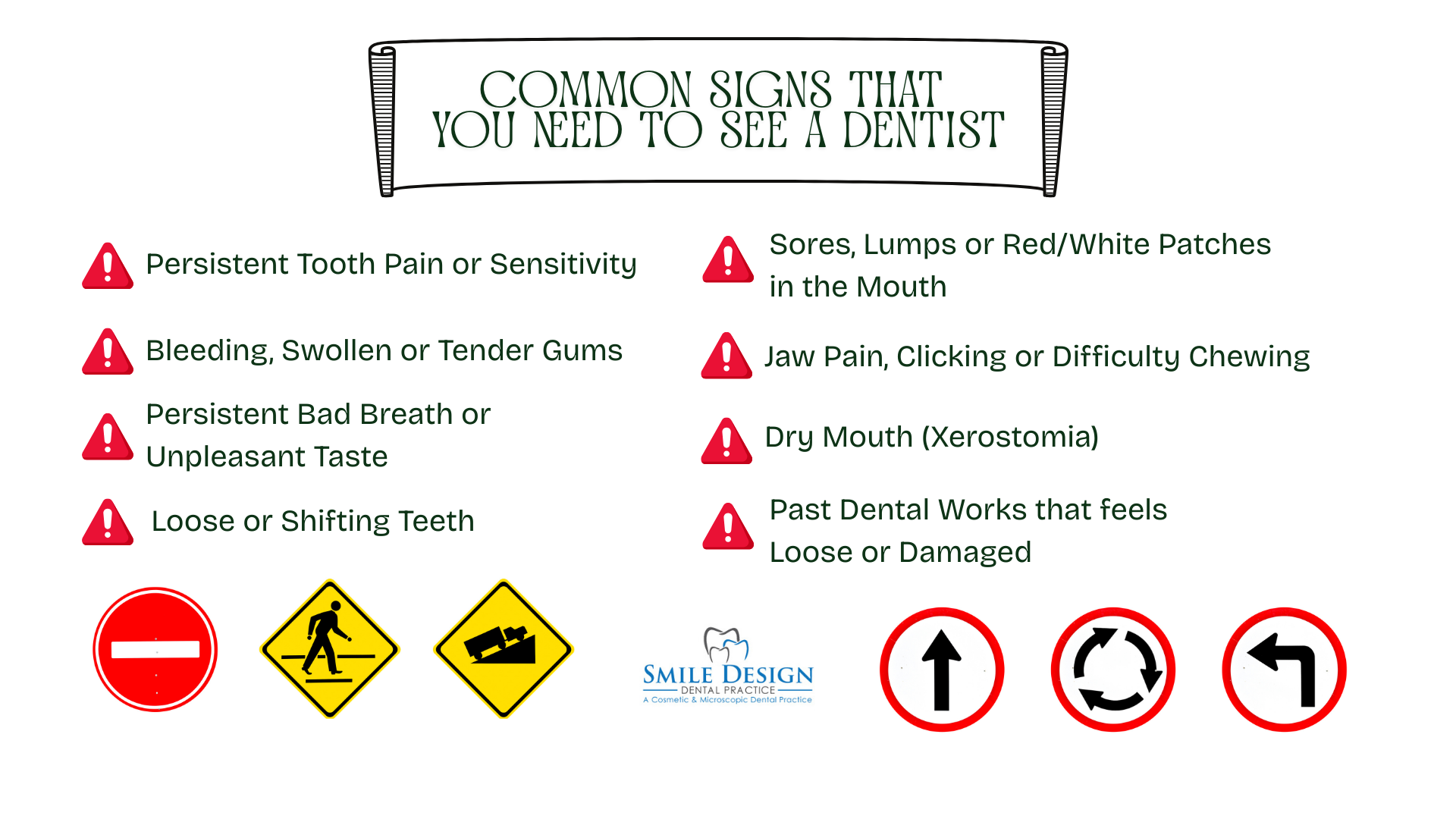Facts you should know about fluoride
Dr Gordon Tam • May 21, 2020
We use fluoride everyday. It is important to our body. Do you know what is fluoride and where we can commonly find it?
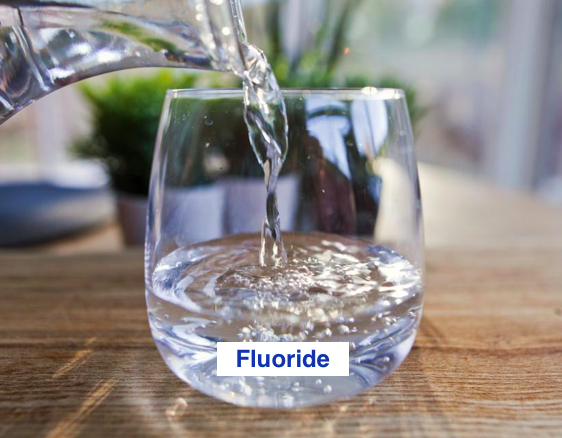
Functions of fluoride
Fluoride is a natural mineral that is found in our body (bones and teeth), and the natural environments such as water, soil, plants, rocks and even in the air.
Fluoride is important to us especially to our teeth as it helps to strengthen the most outer layer, the enamel and fights against cavities. The most common products you used with fluoride in it are our water (in SIngapore’s context) and toothpastes.
- Prevent demineralization caused by the loss of minerals by strengthening the structure of tooth to prevent bacteria on tooth surface from ‘eating away’ the enamel
- Direct application of fluoride to reduce tooth sensitivity
- Increase the rate of remineralization
- Helps to fight against acid produced by plaque, blocking harmful enzymes that weakens the tooth enamel
Who needs fluoride?
All of us need fluoride. Depending on dietary habits and age, we require different quantities of fluoride ‘consumption’. As our public water supply has fluoride in it, it contributes to our consumption.
However, for some of us who tend to get cavities easier than others, your dentist may suggest regular fluoride treatment or prescribe mouth rinse that contains higher concentration of fluoride than those sold over-the-counters.
Professional fluoride treatment
Usually we only get to find out we needed more fluoride than others from our dentist. They are the right person to advise how much fluoride we need and how we can get it. During a dental visit, the dentist will check on our dental history and current oral conditions. Based on these, they can determine the application of fluoride treatment, and how often we need to receive the treatment.
After the fluoride treatment, avoid drinking or eating for 30 minutes.
What is Fluorosis?
Fluorosis is a condition that affects the tooth appearance. It is caused by the over exposure to fluoride at the young age, especially before the age of eight where most of our permanent teeth are being formed.
When our baby teeth start to drop and adult teeth emerge, the adult teeth will seem to appear slightly discolored and look different from those who do not have fluorosis.
Fluorosis usually occurs with over consumption of fluoride and toothpaste is one of the most common culprits. Even if the child knows how to spit out toothpaste with fluoride, the fluoride will be absorbed through daily brushing.
The over accumulation of fluoride in a child’s body through swallowing of toothpaste will affect the adult teeth that are still embedded in the gums before they emerge.
In some more severe cases, we can see the discoloration of teeth from yellow to shades of brown and the surfaces of the teeth are uneven, with pits noticed on the teeth.
Apart from fluorosis affecting the appearance of the teeth and contributing to the overall aesthetic appearance, it is not a disease.
What is water fluoridation?
Water fluoridation is adding and adjusting a controlled amount of fluoride to the public water supply. The main objective is to reduce tooth decay. The fluoridated water is effective to prevent cavities.
Tooth decay is one of the main health concerns in countries around the world. Some countries do not have public water fluoridation, hence resulting in higher rates of developing cavities among the population.
Studies have shown that since the 1950s in the United States of America, tooth decay rate has declined due to the introduction of water fluoridation to the public water supply.
Fluoride is good for us at the right quantity
We are fortunate to have clean public water supply and the water has adjusted quantities of fluoride in it to help us fight cavities. With proper diet and good oral hygiene, we should absorb sufficient fluoride.
To maintain a healthy set of teeth and gums, apart from good oral habits, we need regular professional help to do routine dental checkup and cleaning. It helps us to detect any oral issues early.
For more information and consultation, please contact Smile Design Dental Practice at +65 6463 8588.
To serve you better, we are available by Appointment Only.
Please contact us to schedule for an appointment.

Pregnancy is a beautiful and transformative journey, but it also comes with unique challenges for a mother’s health—including oral health. Many expectant mothers don’t realise that hormonal changes, new dietary habits, and morning sickness can affect their teeth and gums. Because dental health is closely connected to overall health, neglecting it during pregnancy can have consequences for both mother and baby. This article explores the most common dental issues that arise during pregnancy, why they matter, whether you can safely visit a dentist during this time, and what steps you can take to protect your smile.

In recent years, lemon water has gone from a simple household drink to a global health trend. Wellness experts, celebrities, and fitness enthusiasts often recommend starting the day with a warm glass of lemon water. Many believe it boosts immunity, improves skin, aids digestion, and helps with weight loss. But how much of this is true, and how much is just hype? Let’s look deeper into the science behind lemon water and whether it’s as good for you as it seems.
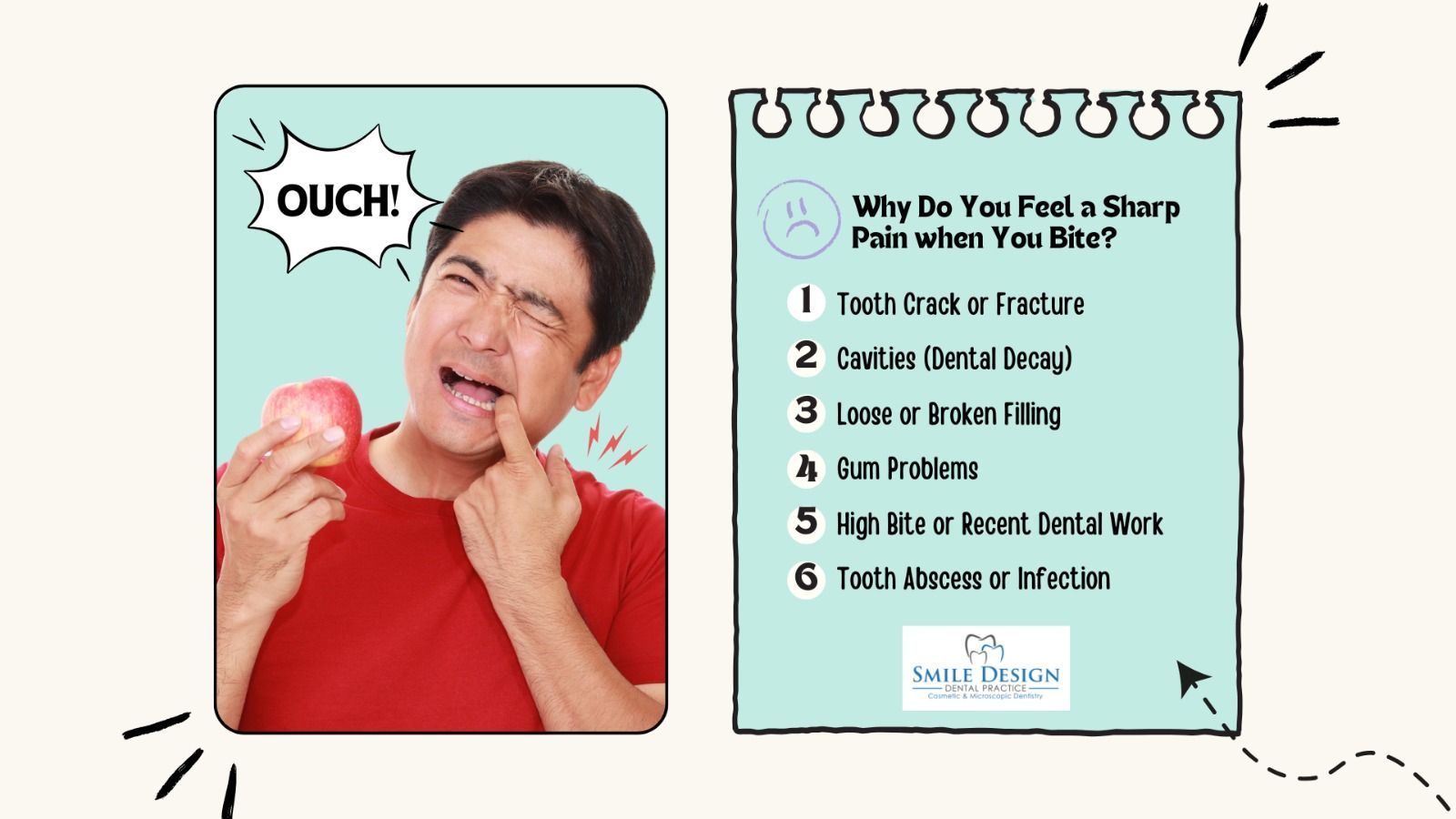
Have you ever bitten down on food and suddenly felt a sharp, stabbing pain in one of your teeth? This uncomfortable sensation can be worrying, but it’s also your body’s way of telling you something isn’t right. Understanding the possible reasons can help you know when to see a dentist and prevent more serious problems.
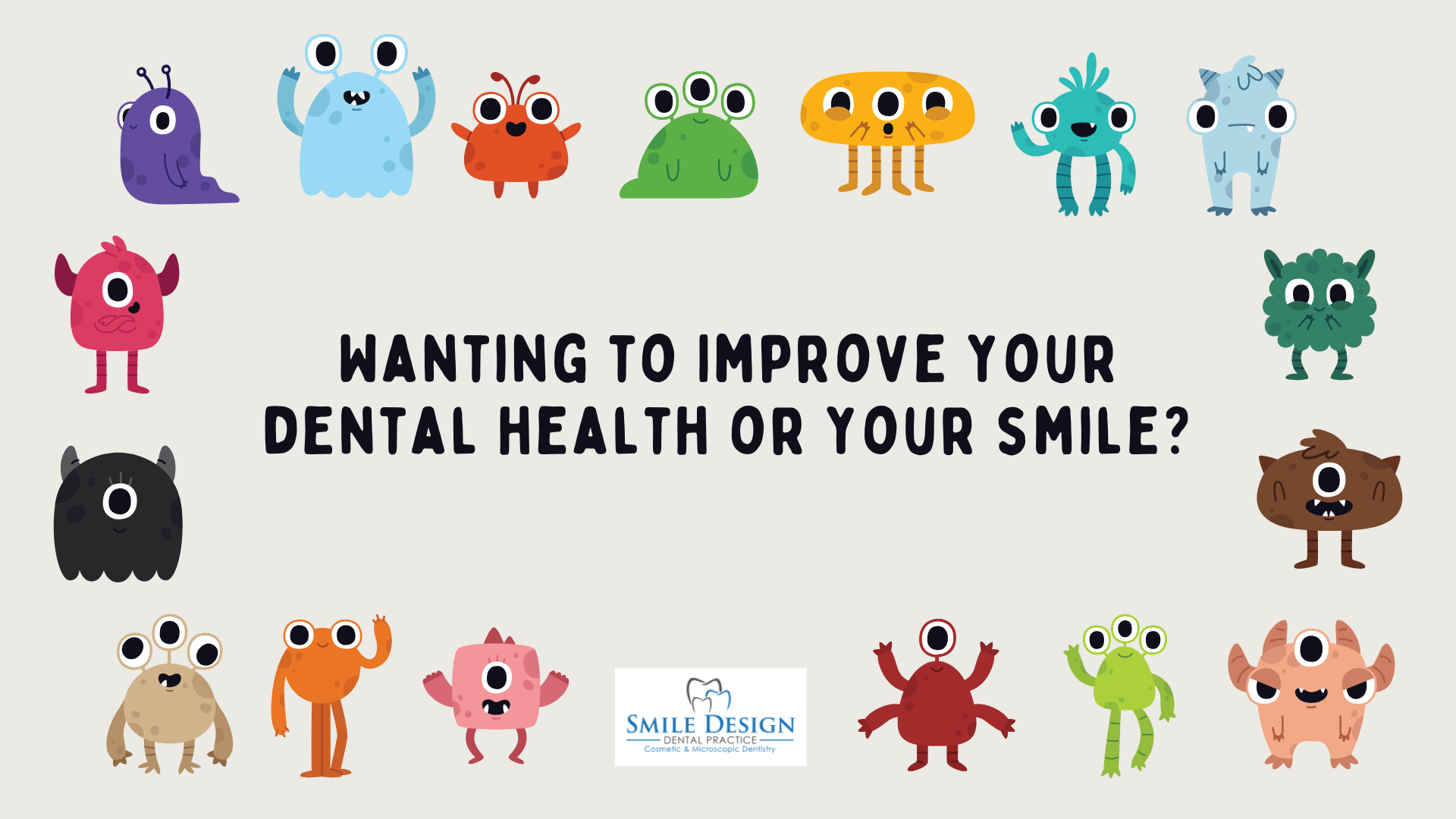
Your smile is one of the first things people notice about you — but more importantly, it reflects your overall health and wellbeing. Whether you want to restore your dental health after years of neglect or enhance your smile's appearance, you’re not alone. Many people feel self-conscious about their teeth, but the good news is that modern dentistry offers numerous ways to help you regain your confidence and maintain a healthy, beautiful smile for years to come.
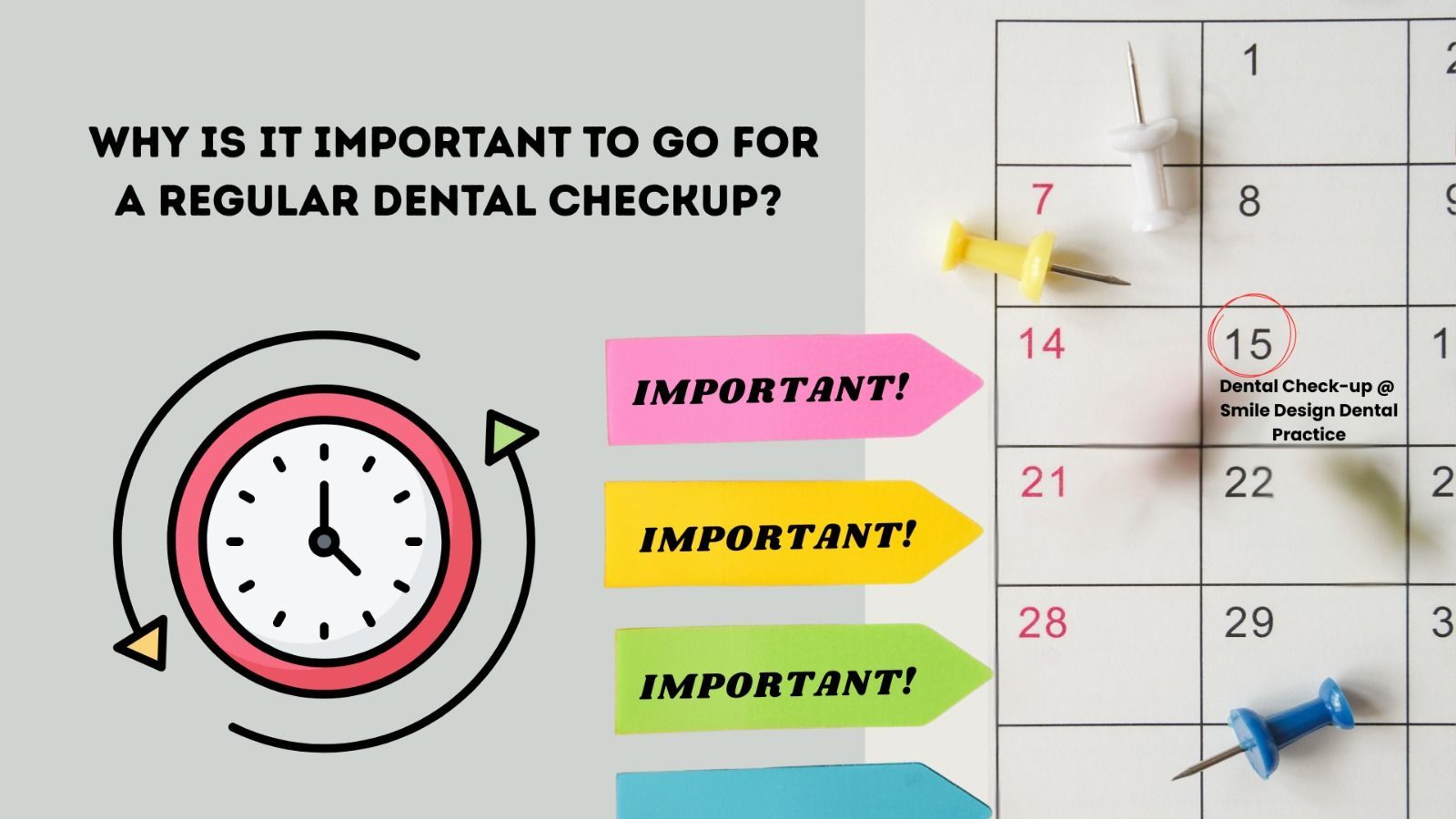
Most people are aware that they should visit the dentist regularly, but many underestimate the importance of these routine visits. A dental checkup is not just about keeping your smile looking good—it’s essential to maintaining your overall health and well-being. Here’s why you shouldn’t skip your regular dental appointments.
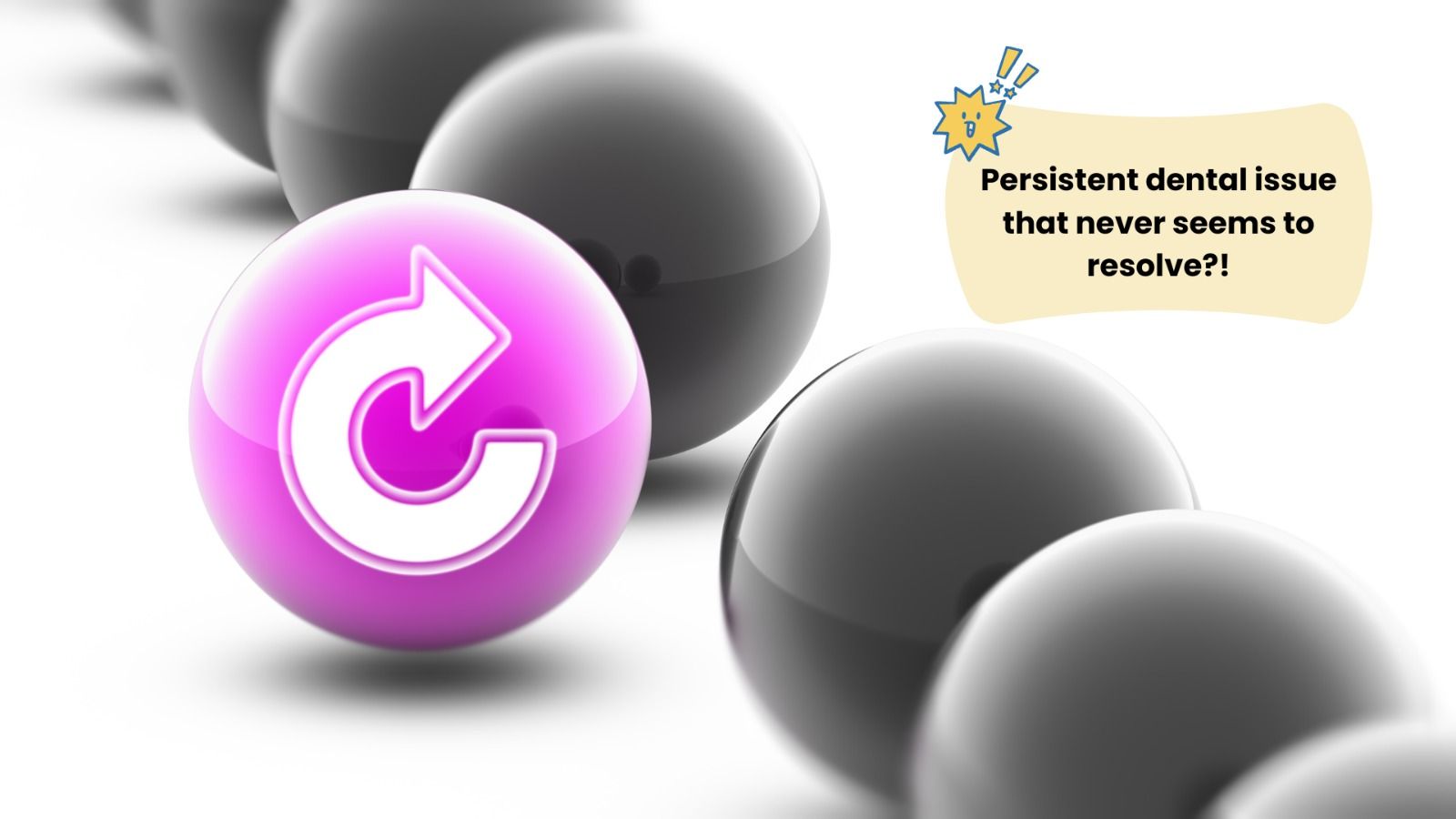
Most people expect dental problems to improve after treatment. A filling, a crown, a root canal — these are meant to solve the issue and relieve discomfort. But sometimes, a dental problem lingers despite repeated visits to the dentist. If you are stuck with persistent pain, sensitivity, or discomfort that never seems to resolve, you are not alone, and you do have options.

Facing a recommendation for complex dental treatment—such as root canal therapy, dental implants, orthodontics, or full-mouth rehabilitation—can be overwhelming. These procedures often involve significant costs, time, and long-term impact on your oral health. It is natural to feel uncertain or even skeptical. In such situations, seeking a second opinion is a wise and responsible decision.

Everyone notices a great smile. It radiates confidence, leaves a lasting impression, and can even change how you feel about yourself. The best part? You don’t have to be a celebrity to achieve one. With proper care and a few lifestyle changes, anyone can enhance their smile. Here’s a guide to some effective ways to improve your smile!
